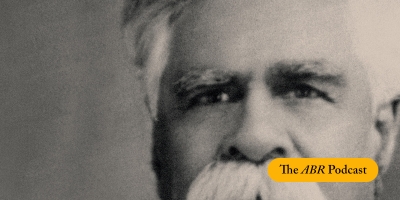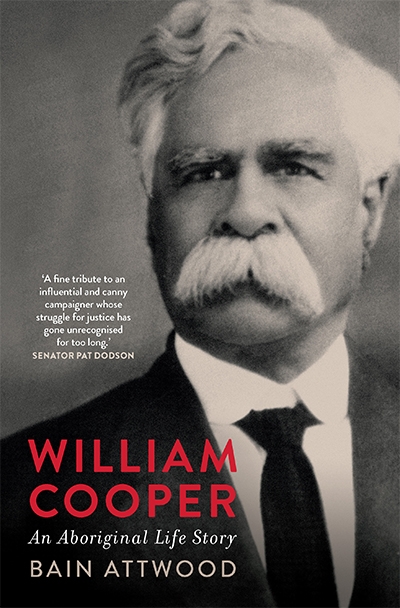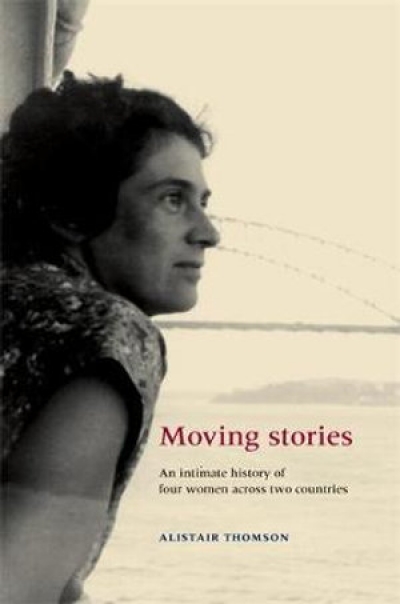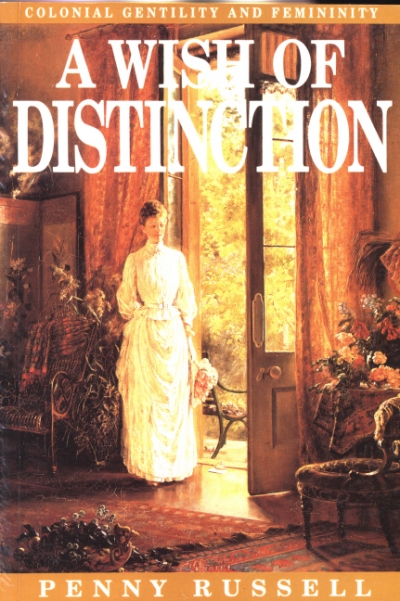Penny Russell
Film | Theatre | Art | Opera | Music | Television | Festivals
Welcome to ABR Arts, home to some of Australia's best arts journalism. We review film, theatre, opera, music, television, art exhibitions – and more. To read ABR Arts articles in full, subscribe to ABR or take out an ABR Arts subscription. Both packages give full access to our arts reviews the moment they are published online and to our extensive arts archive.
Meanwhile, the ABR Arts e-newsletter, published every second Tuesday, will keep you up-to-date as to our recent arts reviews.
Recent reviews
As momentum builds for constitutional recognition of Aboriginal and Torres Strait Islander Australians, it is timely to reflect on the career of William Cooper. A Yorta Yorta elder and founding secretary of the Australian Aborigines’ League, Cooper gathered support for Indigenous representation in parliament and for voting and land rights during the interwar years. Historian Bain Attwood’s new book tells Cooper’s story but resists the biographical impulse that would separate the man from his social milieux. In today’s episode, Professor Emerita Penny Russell reads her review of Attwood’s portrait of this remarkable man, whose eloquence has left only a scant textual record. What survives reveals a figure ‘always driven by a profound vision of justice and moral uplift’.
... (read more)



